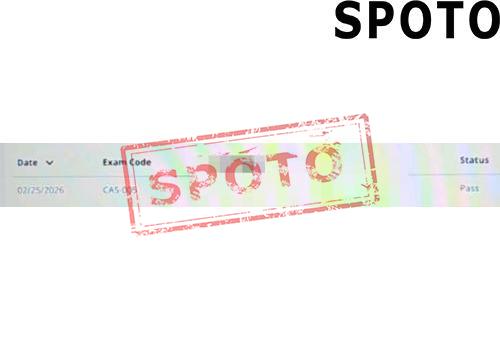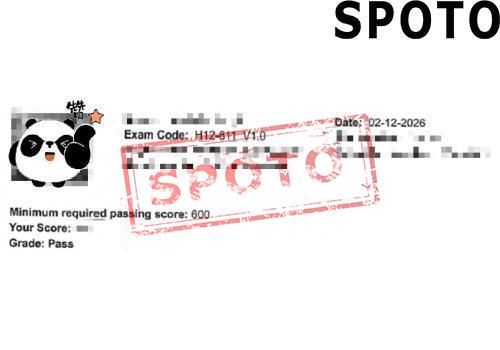
Table of Contents
Are you curious about the profession behind shaping your digital experiences? Imagine a career where creativity meets technology, and your designs influence millions! Welcome to the world of User Interface (UI) design—a dynamic field that's reshaping how we interact with apps, websites, and devices every day. In this blog, we will explore this exciting career path through a structured lens: What is a UI designer? What do they do? Why pursue this career? How to become one? And how can you kickstart your journey?
1. What is a User Interface Designer?
A UI designer is a tech professional responsible for designing the visual elements of digital products. Think of every button you click, menu you navigate, or icon you see — all crafted meticulously by UI designers to be visually appealing and user-friendly. Their work isn't just about creating pretty pictures; it's about designing interfaces that function seamlessly and intuitively.
A UI designer's primary goal is to create a compelling visual environment that communicates the brand, guides users effortlessly, and ensures accessibility for everyone. From color schemes and typography to interactive buttons and responsive layouts, their work determines how users experience a digital product at first glance and throughout their journey.
2. What does a User Interface Designer do?
Tasks and Responsibilities of a User Interface Designer
UI designers wear many hats, combining creativity with technical skills. Their typical tasks include
- Designing the overall look of digital interfaces: color, layout, typography
- Creating wireframes and prototypes to visualize user flows
- Developing style guides to maintain consistency across platforms
- Collaborating with UX designers, developers, and product managers
- Ensuring accessibility and responsiveness for diverse devices and users
- Testing designs on different platforms and gathering user feedback
- Maintaining UI style guides and updating designs based on evolving standards
In essence, UI designers meticulously craft every visual and interactive element, transforming complex functionalities into simple, engaging experiences.
Related Job Opportunities
- UX Designer
- Visual Designer
- Interaction Designer
- UI/UX Developer
- Product Designer
- Motion Designer
- Design Systems Manager
3. Why pursue a career in UI design?
The allure of UI design lies in its blend of creativity and technology. If you enjoy visual storytelling, problem-solving, and working on diverse projects, UI design provides a perfect avenue. Plus, in today’s digital-first world, UI professionals are in high demand across industries—tech, finance, healthcare, entertainment, and more.
Diverse Challenges and Growth Opportunities
Every project offers new challenges—designing for mobile, web, wearables, or even IoT devices—keeping work engaging. As you gain experience, you can specialize in areas like visual design, interaction design, or accessibility, opening opportunities for senior roles, leadership, and even entrepreneurship.
Rewarding Salary and Job Outlook
With user interface design's rising importance, salaries are attractive. According to recent data, UI designers in the U.S. earn around $130,000 annually, with strong growth projected—an 8% increase through 2033, according to the U.S. Bureau of Labor Statistics. Such figures reflect a thriving career landscape promising stability and upward mobility.
4. How to become a User Interface Designer?
Embarking on a UI design career involves acquiring the right mix of skills, experience, and portfolio. Here's a roadmap:
Learn Core Skills
Start with understanding visual design principles—color theory, typography, and layout—and technical skills like wireframing, prototyping, and familiarity with tools such as Figma, Adobe XD, or Sketch. Online courses, many of which are offered by platforms like SPOTO, can accelerate your learning. SPOTO's courses focus on hands-on skills like prototyping and responsive design, giving you practical knowledge aligned with industry needs.
Gain Practical Experience
Build projects—redesign existing apps, develop your website, or volunteer for non-profits. Internships, freelance gigs, or personal projects help you understand real-world challenges and refine your skills.
Create a Strong Portfolio
Showcase your best work, emphasizing your problem-solving approach and process. Platforms like Behance or Dribbble are great for sharing your projects and connecting with potential employers.
Expand Your Network and Stay Updated
Attend industry webinars and workshops, and connect with other designers online. Continuous learning through courses keeps you aligned with evolving trends and tools.
Consider Certification
Certifications from reputable institutions or tech giants like Google and Microsoft can significantly validate your skills and enhance your employability in the competitive UI design field. For example, Google offers certifications in UX Design that demonstrate your proficiency in user-centered design principles
5. Conclusion
A career in UI design is more than a job; it's an opportunity to influence how users interact with technology daily. With the right skills, experience, and guidance from trusted platforms like SPOTO, you can transform your passion for design into a rewarding profession. Whether you're a creative soul or a tech enthusiast, UI design welcomes all with open arms—ready to shape the future of digital experience.
Are you ready to craft the interfaces of tomorrow? Explore SPOTO's courses today and take the first step toward becoming a sought-after UI designer!










